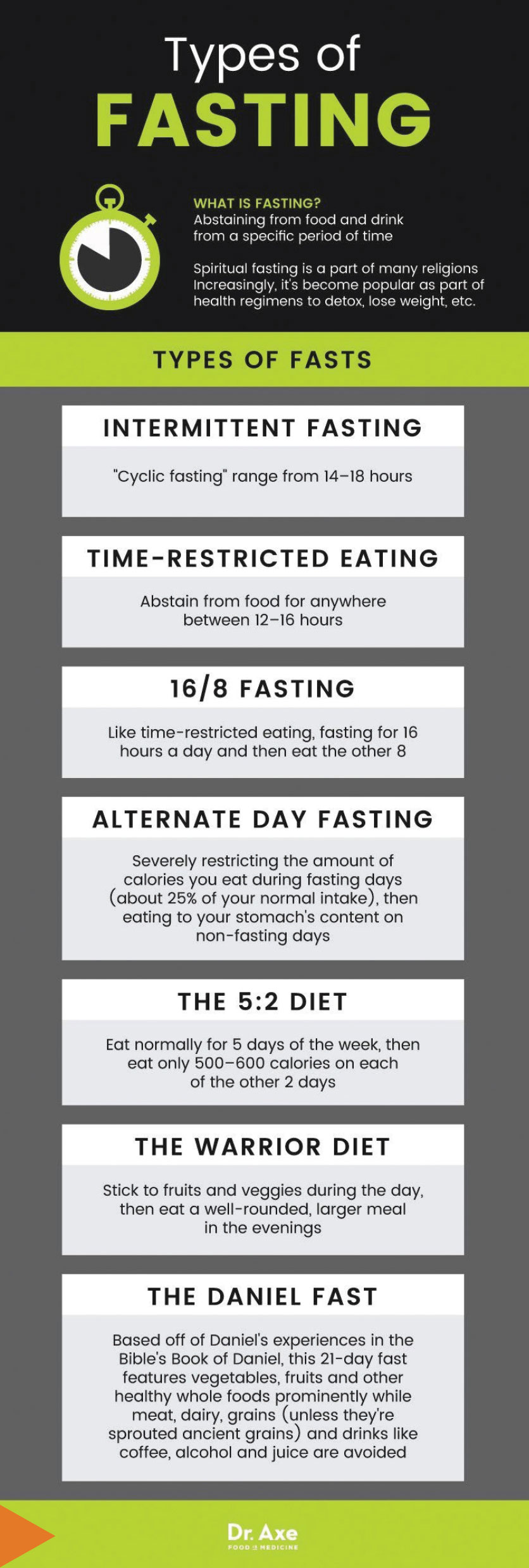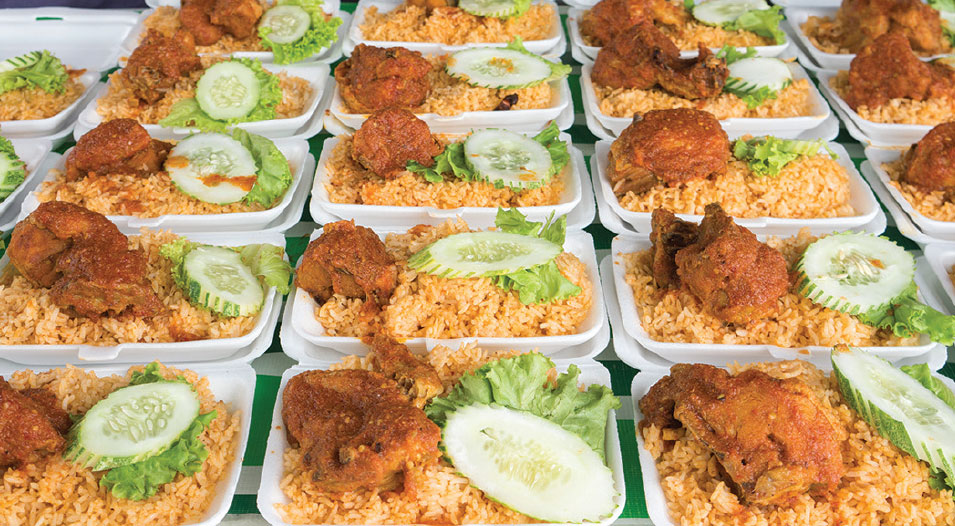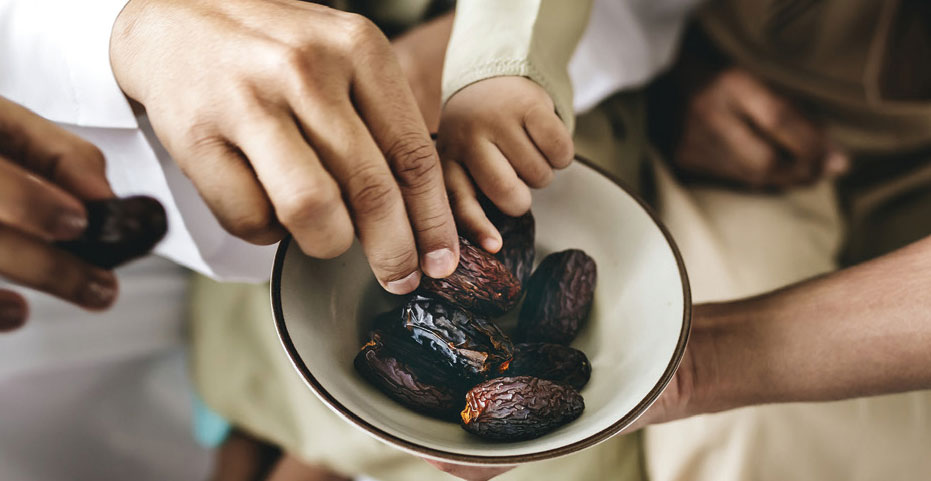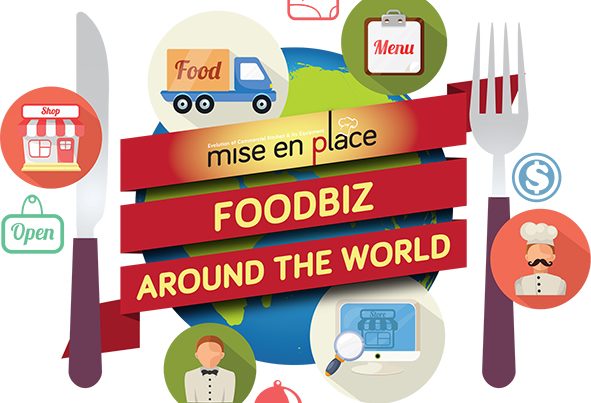
In the past month, Muslims around the world have been fasting, willingly abstaining from eating and drinking. While it can be a little difficult for anyone to do that, many find it worth doing for selfreflection and self-purification, both physically and spiritually. At the same time, Ramadan is seen as an opportunity to end negative habits that bring adverse effects to our health and as a way of living to adopt healthier and nutritious diets.
As we talk about health, fasting is not a new practice. It is a practice that has been long associated with a range of potential health benefits, such as significant weight loss, improved blood sugar control, improved heart health, cancer prevention, and improved brain function. In fact, more people who are seeking health improvement options have opened up to the “fasting trend” as an alternative diet solution – alternate-day fasting, intermittent fasting, ketogenic fasting, you name it.

THE BAD NEWS
Despite the benefits, many have reversed the rule. For years in Malaysia, people have been breaking fast by consuming large quantities of food, rich in a variety of high-carb fried food and sweets. Such an unbalanced diet can upset the stomach and cause abdominal pains that may worsen existing health conditions. The reason behind this is the habit of eating too fast and “overindulgence”, immediately after the Maghrib adhan is given. A large amount of carbohydrates in meals makes people more prone to bloating, which frequently results in stomach pains. All of these potentially result in a sudden increase in cholesterol and triglycerides, weight gain, and a trigger in diabetes, which are the opposites of what a fasting individual would want to achieve.

GLEANING FROM RAMADAN FASTING
Perhaps, all of that can be avoided when we fast in the future. Thus, let’s take a look at some fasting and dietary tips we can all glean from the recent Ramadan fasting season:
• Break fast with the right food items. You would have noticed the high consumption dates during the Ramadan fasting season, and there’s a reason for that. Consuming dates after a long day of fasting restores blood glucose levels to normal levels, quickly. If you plan to fast, try breaking fast with dates, cheese, tomatoes, olives or a bowl of soup. After 15 minutes, continue your meal with vegetable dishes and salads, or dishes low in fat. You can also consume foods like bulgur pilaf, whole wheat bread or pasta as these items increase the blood sugar in a rather balanced way.

• Adopt foods high in fiber content. Fruits, vegetables, and nuts are essentials for fasting as they are rich in fibre and consist of minerals, vitamins, and phytochemicals vital for good health. Not only these items increase the feeling of fullness, they also help prevent constipation that occurs due to the changes in nutritional patterns. Similarly, highfibre carbohydrate foods such as wholemeal bread and brown rice take longer time to digest, sustaining energy levels longer.
• Arrange your meals as two main meals. During the period of fasting, suhoor (the predawn meal) and iftar (the fast-breaking meal) are often considered the staple time to consume meals. In between, snacks are considered. That’s a pattern we should adopt into our daily diet. Make breakfast the largest meal of the day instead of skimping on it. Avoid eating later in the evening, and consider eating only between 6am to 6pm, or between 7am to 5pm. As for snacks, reframe them as “mini meals” instead of “snacks” and you’re more likely to choose nutrient-dense foods instead of processed foods.

• Consume plenty of liquid. To replace lost water and minerals during the hot weather, consume plenty of water and liquids such as ayran and fruit juices. Consuming enough water is a critical component to those who are fasting, and an essential component even when you’re not fasting. When fasting, just be mindful to keep drinking throughout the day and pay attention to thirst signals. If you weigh 150 pounds, drink at least 75 ounces. If you’re fasting, double that number to 150 ounces. Remember, to live without food for weeks is possible, but to go for a couple of days without water is impossible and harmful.
• Chew well and slowly. Whether you are fasting or not, avoid swallowing – the brain gives the feeling of saturation within 15 to 20 minutes after eating. Weight gain happens when a high amount of high energy is taken very fast. If you’re feeling full or bloated, try talking short distance walks to help digestion.
At the end of the day, it’s all about construing a balanced and nutritional meal in terms of quantity and quality when fasting. After all, we are what we eat!










